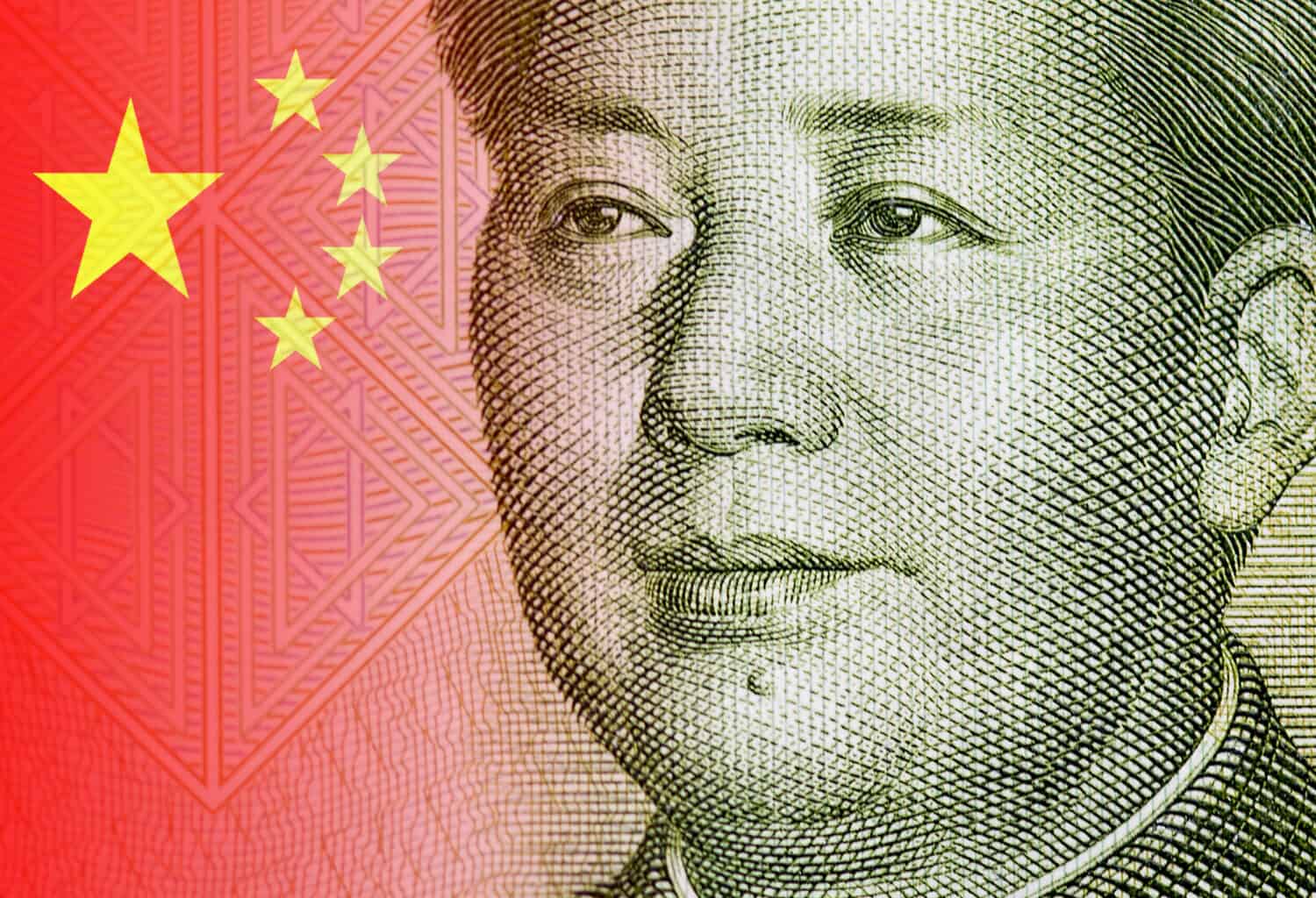
Dr. Michael Burry, the brilliant investor who bet against the housing market before the 2008 meltdown, is a smart investor who has no problems making the types of contrarian deep-value bets that would make most market participants feel incredibly uncomfortable. Indeed, think about the businesses that are so out of favor that investors would be fine ditching them on the public markets at a huge fraction of their true worth.
Either due to a lack of catalysts, decaying growth stories, hard-hit fundamentals, industry unknowns, or just a lack of positive action (and momentum) behind a stock, some untimely names, including those rich with value, fade into the background, only to be rediscovered after a big move to the upside. When it comes to the Chinese internet giants, they’ve been not only unloved but hated for many years now.
Just have a look at the charts of Alibaba (NASDAQ:BABA) or Baidu (NASDAQ:BIDU), which are among the most hideous charts in the entire global technology scene, at least before their recent past-month surges. Many big-name billionaire investors have given up on China outright because they’ve been nothing more than money losers for quite some time.
It’s just been so hard to make money in Chinese stock in recent years. Though the rearview mirror looks quite nasty for the shares of your average Chinese tech company, one can’t help but notice the incredibly depressed valuations, which seem to have caught Burry’s attention.
Key Points About This Article
- Dr. Michael Burry has made big money from his recent China bets.
- Once China stimulus kicks in, the Chinese internet giants could be ready to sustain a big run.
- If you’re looking for some stocks with huge potential, make sure to grab a free copy of our brand-new “The Next NVIDIA” report. It features a software stock we’re confident has 10X potential.

Burry’s Bets Suggest Deep Value in China’s Internet Giants
Dr. Michael Burry’s investing style will not be for everyone. He’s willing to reach for value in the places that not even the most seasoned of value investors would dare touch. As of the latest 13F filing, it was discovered that nearly half of Burry’s portfolio is in Chinese stocks, with Alibaba and Baidu currently representing the top two Chinese positions.
The recent China stimulus rally has already paid off big-time for Burry. However, questions linger as to how long Burry plans to stick around. Will he cash in on his magnificent trade and call it a day? Or are there more gains to come as the stimulus works its way through the Chinese economy?
There’s no way to know for sure. But I think there’s a good chance he’s playing the long game in China, given valuations in a number of tech names remain incredibly depressed.
Either way, Burry’s recent China bets are worth investigating after the Chinese stock market’s sudden run over the past month. Undoubtedly, investors are excited about the prospect of Chinese economic stimulus. However, the real long-term value, I believe, may lie in the generative and predictive artificial intelligence (AI) prowess of both companies.

Alibaba
Alibaba represents the largest holding in Scion Asset Management (Michael Burry’s fund) right now, comprising more than 21% of the portfolio. Undoubtedly, BABA shares seem to be a go-to for any investor interested in getting a Magnificent-Seven-esque type of company at a huge discount.
With the stock heating up on news of China’s stimulus plans, BABA stock now looks as timely as ever, up close to 36% in just a month. Of course, Burry punched his ticket before the sudden rally, so the opportunity to snag a similar cost basis as the legendary investor has come and gone.
Though there’s a danger of blindly following gurus into stocks, I do see Alibaba as one of the big winners as stimulus lifts Chinese consumers out of a historic, multi-year rut.
The stock still looks cheap 12.4 times forward price-to-earnings (P/E), making the latest surge worth getting behind, provided you won’t sell if a future 13F filing reveals Burry’s cashing in on his successful BABA bet.

Baidu
Baidu shares have been just as scorching, soaring 19% in the past week and more than 31% in the past month. Undoubtedly, if there’s a company that’d benefit greatly from economic stimulus, it’s Baidu, a firm that’s going all-in on AI. The company recently held an AI event in Beijing that unveiled its Baige AI Heterogenous Computing Platform 4.0 and its Qianfan model, among other impressive AI innovations that could accelerate sales growth.
Indeed, many investors may be fatigued by all the AI announcements coming in. After all, every company out there seems to have its own AI day or model. That said, Baidu has a slew of AI products (like its Comate coding assistant and customer service bot Keyue) that can help firms save big money.
As the AI battle between the U.S. and China advances, I think it’s only wise to diversify into a Chinese giant like Baidu. Burry’s vote of confidence is just another reason to pick up shares as they experience some strength for a change. At 9.7 times forward P/E, BIDU still looks deeply undervalued despite AI’s impact on search.
In 20 Years, I Haven’t Seen A Cash Back Card This Good
After two decades of reviewing financial products I haven’t seen anything like this. Credit card companies are at war, handing out free rewards and benefits to win the best customers.
A good cash back card can be worth thousands of dollars a year in free money, not to mention other perks like travel, insurance, and access to fancy lounges.
Our top pick today pays up to 5% cash back, a $200 bonus on top, and $0 annual fee. Click here to apply before they stop offering rewards this generous.
Flywheel Publishing has partnered with CardRatings for our coverage of credit card products. Flywheel Publishing and CardRatings may receive a commission from card issuers.
Thank you for reading! Have some feedback for us?
Contact the 24/7 Wall St. editorial team.





